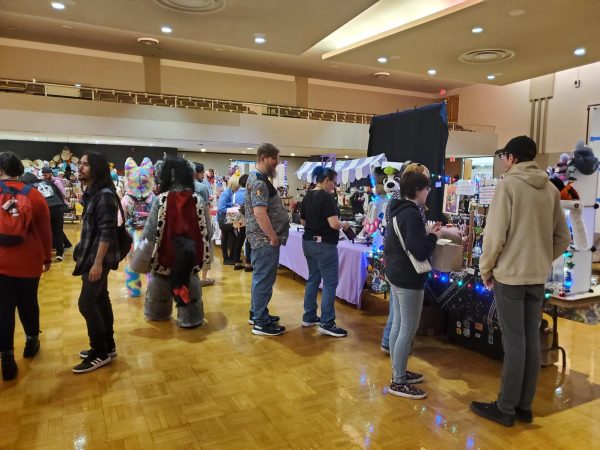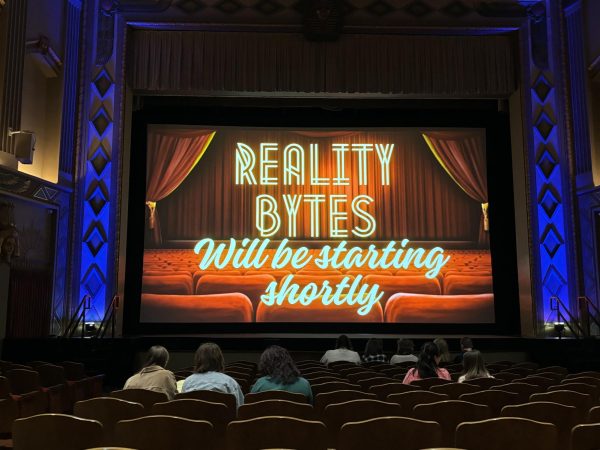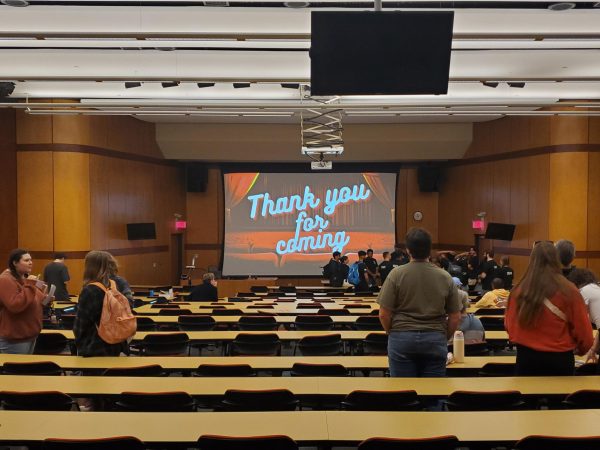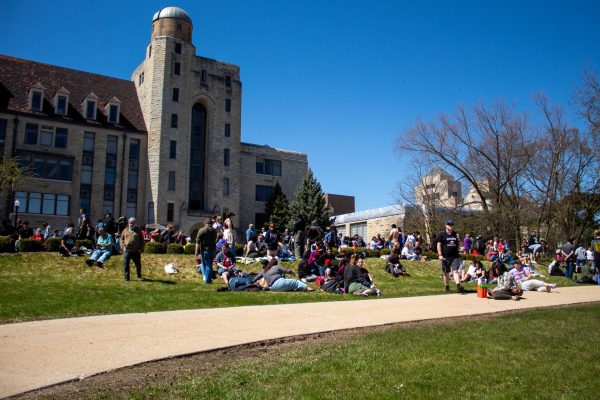Making friends the online way
January 31, 2005
On Thursday, the front page of this very newspaper trumpeted the arrival of thefacebook.com, the free online directory that connects students through social networks at colleges nationwide. However, the article failed to touch on the seedy underbelly of the seemingly innocuous Web site.
The peril became crystal clear when Sweeps was checking to see who had signed up for its fan club group and if anyone had returned its desperately lonely pokes. After logging in, Sweeps was informed that it had people awaiting friend confirmation. (For those who don’t know, on thefacebook.com, you contact people you know and add them as a friend, so that you appear on their profile page and they appear on yours. You cannot be added as a friend until a person confirms that you know them.)
Sweeps quickly rushed to the confirmation page to approve the application. After all, why would someone ask to be our friend if they didn’t know us?
Sweeps was stunned when they discovered the person asking for friend status was not our friend at all. In fact, it was some person Sweeps had never met or heard of. Even more suspiciously, some thefacebook.com members have well over 100 friends, some of whom they have no business knowing. The Sweeps action news team needed answers and jumped into action for this exclusive page-seven investigation.
Sweeps first attempted to find people with similar experiences and had no trouble doing so.
“At first I thought, hey, maybe I know this person, so I messaged him asking how he knew me, but it turned out that he didn’t know me either and had just read my profile,” said Jamie Kresen, a junior nutrition, dietetics and hospitality administration major. “Then I hit reject.”
Chris Hughes, thefacebook.com co-founder and spokesman, said such tactics go against the spirit of the Web site.
“Our attitude in general is that it is sort of disingenuous, but it’s nothing that we’re losing sleep over,” he said. “Users should be friends on the site with who they’re friends with.”
Sophomore elementary education major Carissa Cassady said thefacebook.com has become a bit of an obsession for her and doesn’t know seven of the 115 people on her friends list.
However, Cassady credits her sorority ties for the majority of her formed friendships and said she won’t add just anyone.
“I don’t go on a scavenger hunt for friends,” she said.
Sophomore time arts major Aaron Vermedal said he freely admits to having friends he doesn’t know.
“It is really cool to meet and talk to new people from NIU,” he said. “Even if you never meet them in person, it is still cool to send messages back and forth and to have something to do for five minutes when you are in between classes.”
Multiple users with over 500 friends did not respond to inquiries as of press time, presumably because they were busy finding more friends.
Assistant psychology professor Brad Sagarin said thefacebook.com can be both helpful and harmful.
“If a greater number of friends listed on a page indicates greater popularity, people can increase their perceived popularity by simply inviting new people to be friends even if they don’t know them,” he said. “For many people, these technologies are a healthy social outlet. But for some people, they do carry the risk of being a substitute for in-person relationships and, of course, in-person relationships are very important to our well-being.”
Kresen has a slightly more, well, brutal take.
“These people obviously struggle at life if they need to add people they don’t know,” Kresen said. “It’s kind of sad. It’s just facebook … no one cares how many friends you have.”











